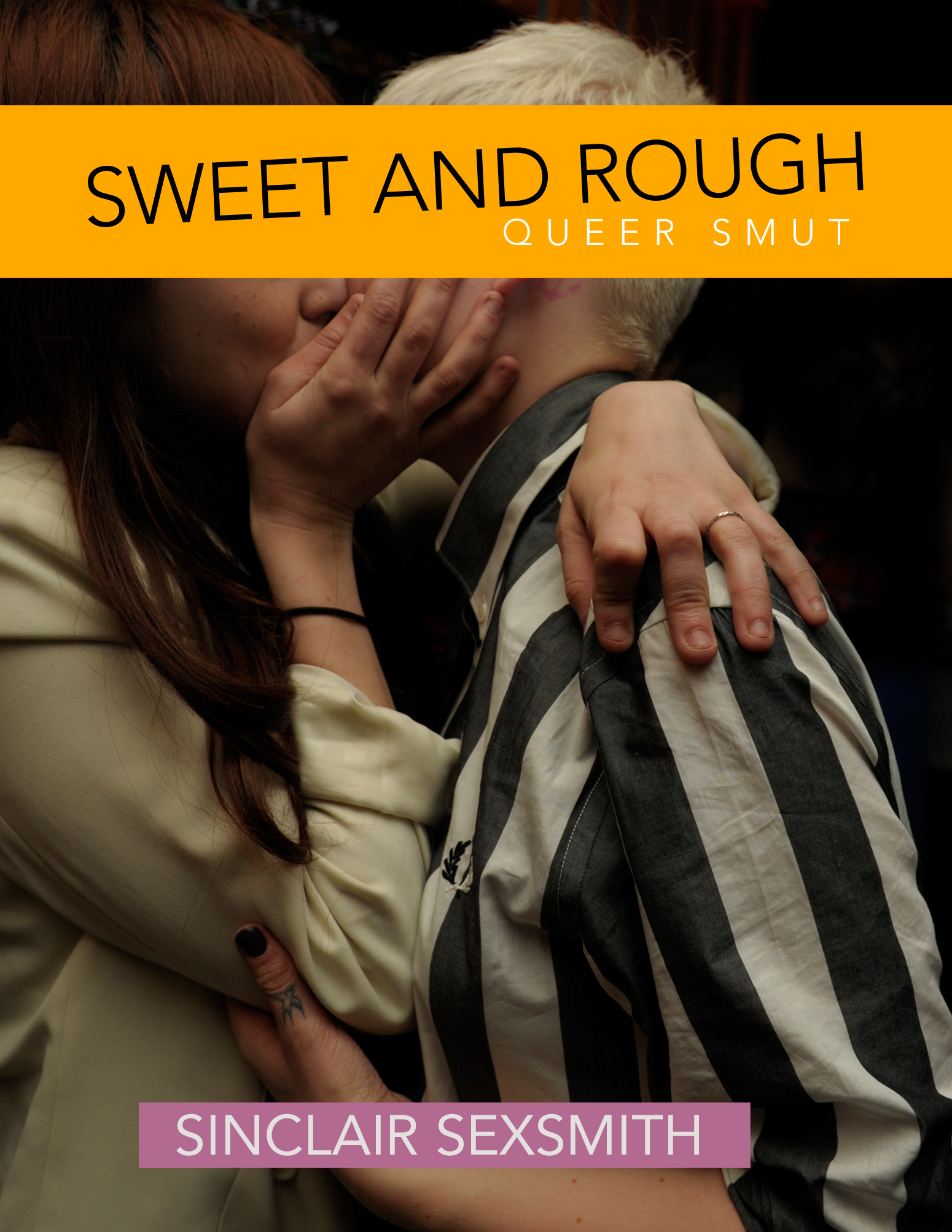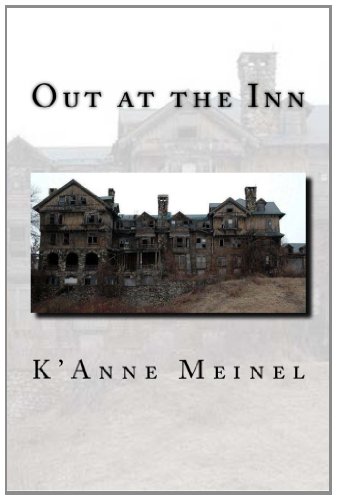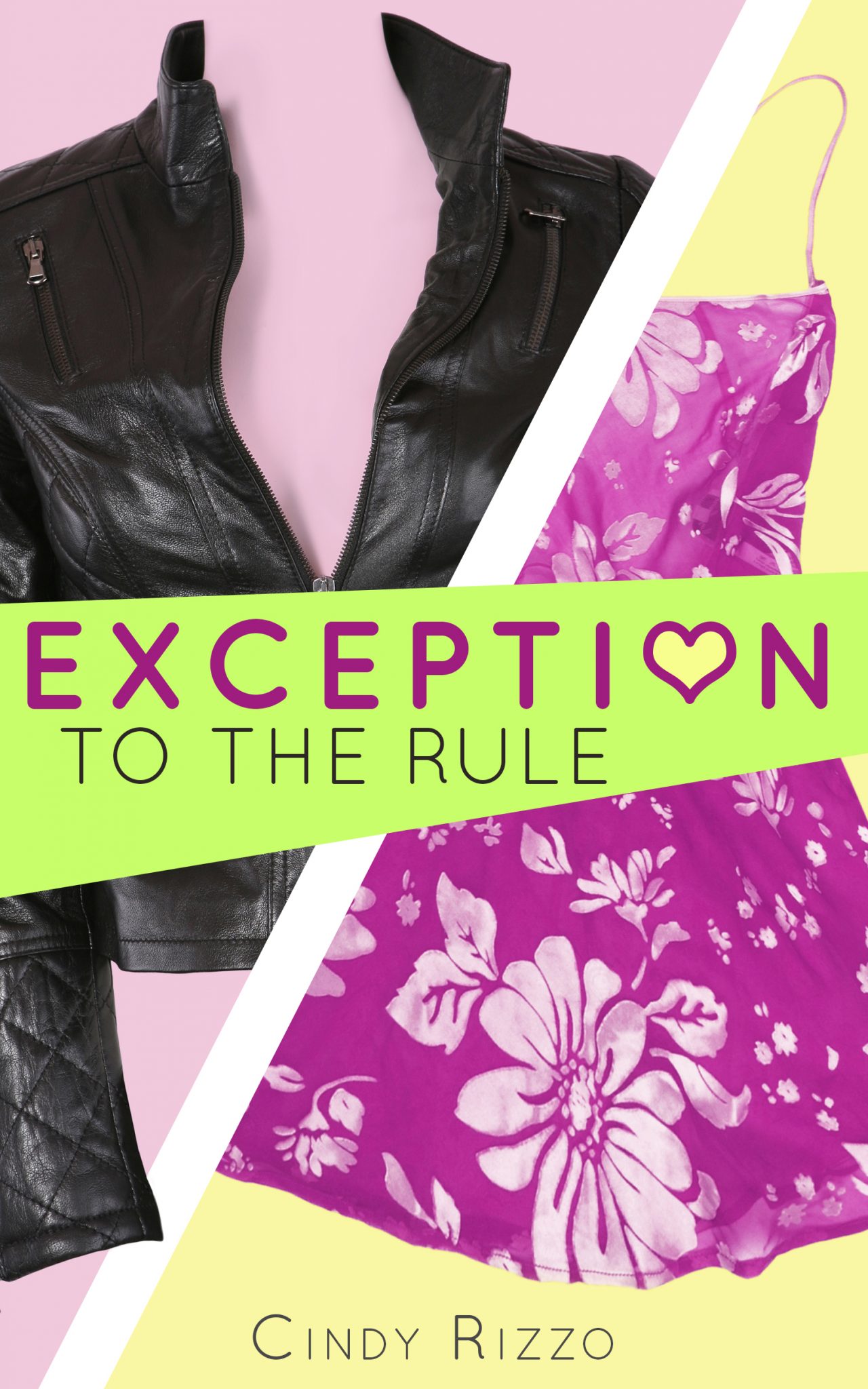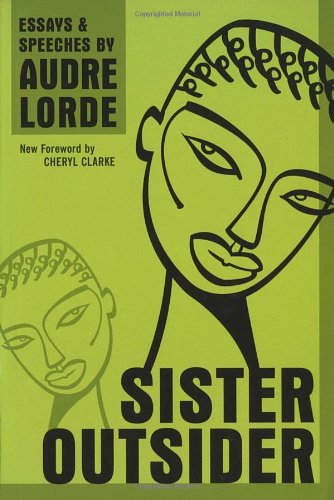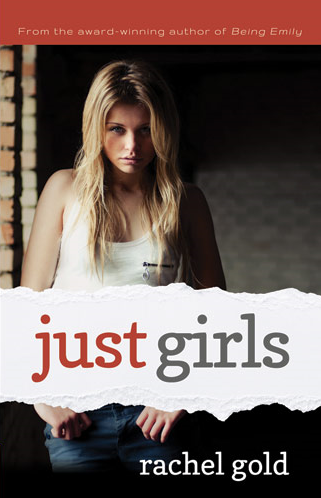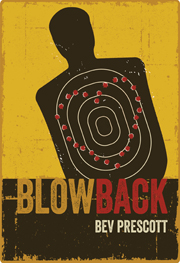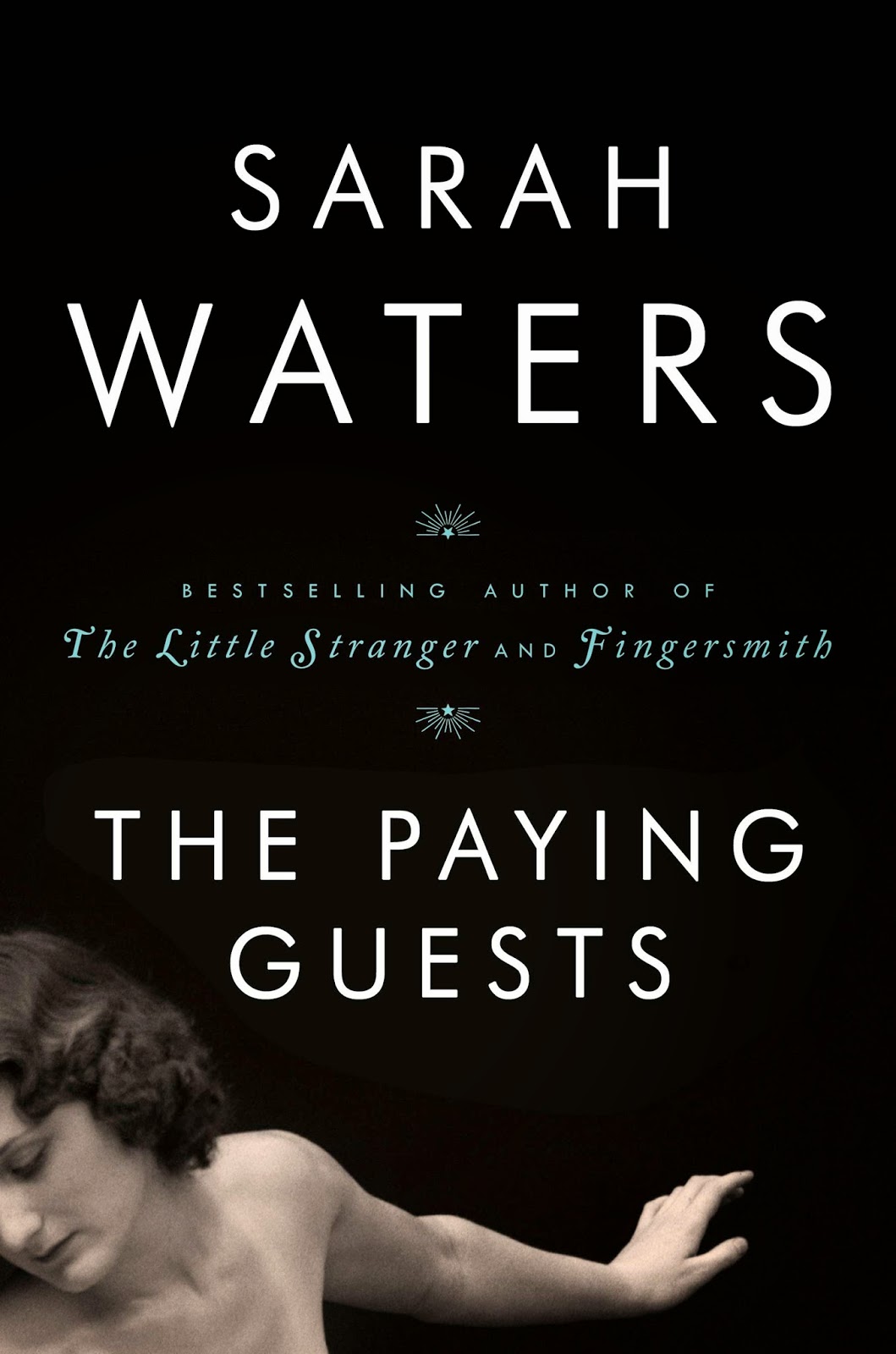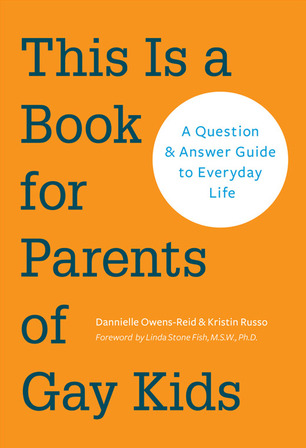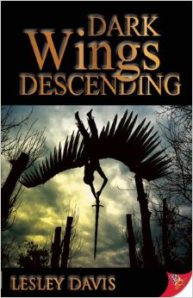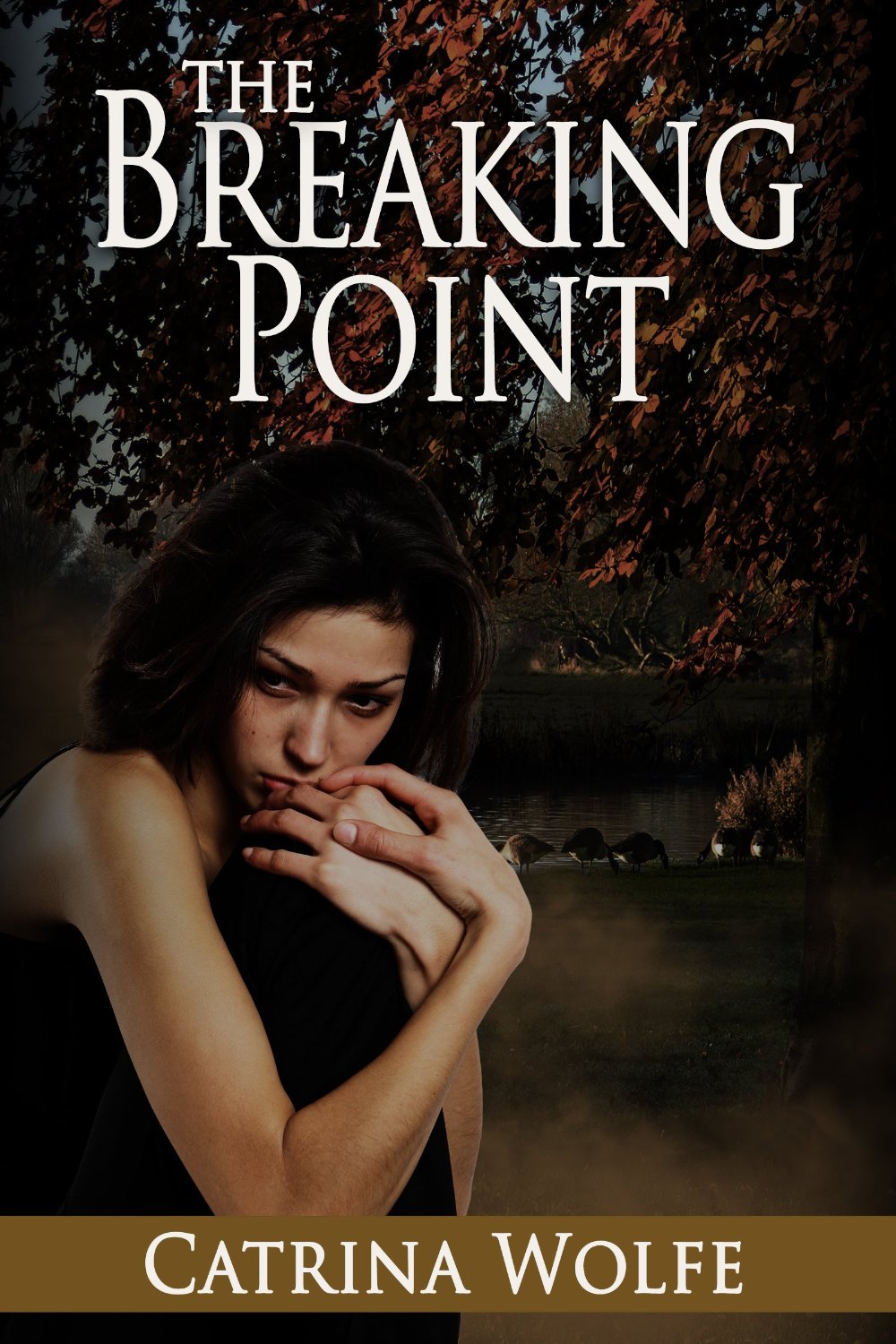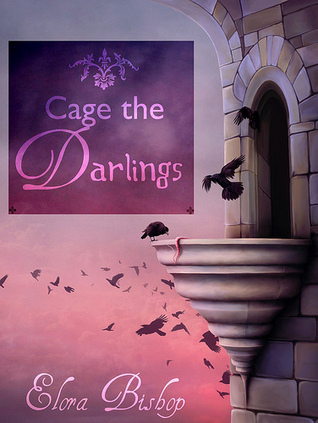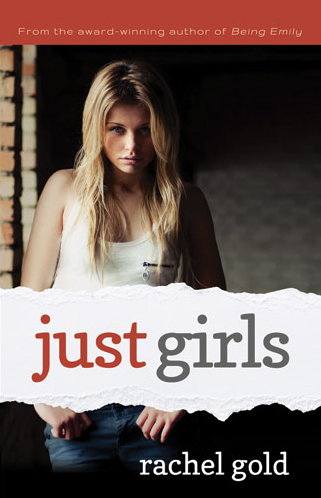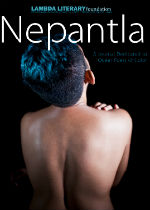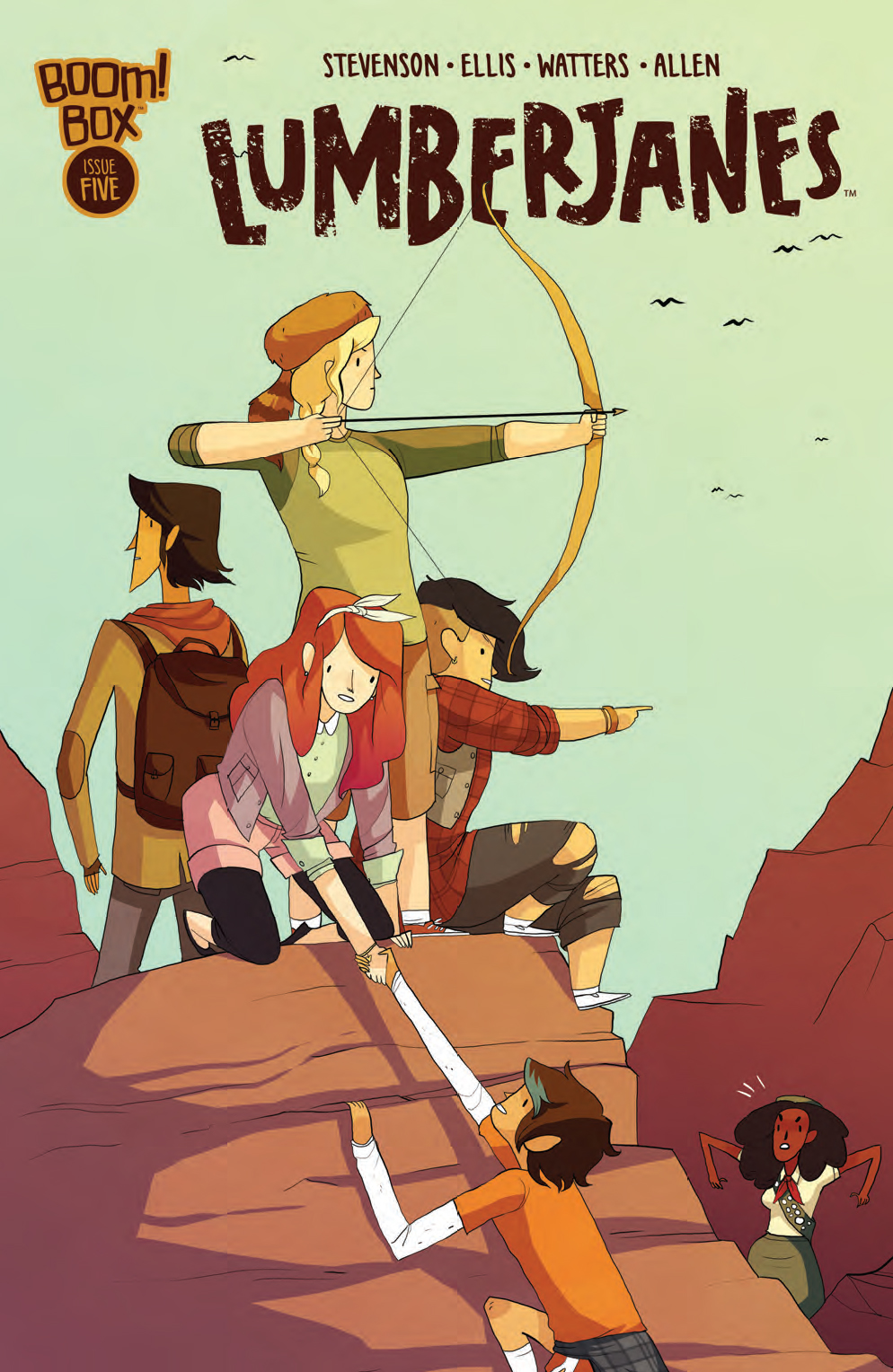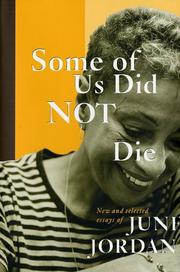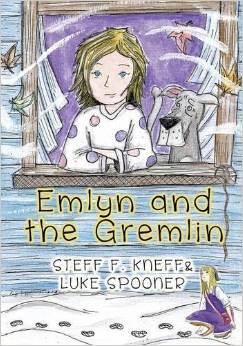Sweet, sensual adoration and dirty, rough sex meet in this anthology of queer smut penned by Top Sex Blogger Sinclair Sexsmith. The complete collection includes sixteen of Sinclair’s best queer erotica short stories, full of dapper dates, femmes in pretty dresses, flogging, bondage, flirting on the subway, bold moves, and (of course) strap-ons. From ongoing lovers to one-night stands, the kinky queer butch top protagonist delivers heart and dominance, over and over.
Sweet and Rough opens with an introduction discussing enthusiastic consent, in both erotica and real life. An introduction talking about such a serious topic could have been a mood-killer, but Sexsmith handled it very well. There’s an excellent touch of humor and I left the introduction with my curiosity piqued.
The stories all feature Sinclair and a variety of ladies, some newly met, some long-standing lovers. Sinclair describes themselves as “a cock-identified lesbian-feminist queer dyke,” and most of the stories (all but the last three) majorly feature their strapon. There’s all sorts of bondage, an excellent rope scene, and impact play. I really enjoyed how thoughtful Sinclair is as a dom – the narrative makes it very clear that they’re enjoying figuring out what their partner needs. They also do a great job of establishing enthusiastic consent – everyone’s having fun and boundaries are respected.
In the moment, Sexsmith relies on stream-of-conscious writing that really feels visceral and hot. I think the one thing I would’ve liked out of this particular book is a little more variety. Each individual story is hot, but they start to blend together a little when read straight through. This might not be a problem if you take the book one story at a time, or if you really enjoy strapons as a kink.
Otherwise, be aware that there’s a lot of language that would more commonly be found with male characters (hardening cock, that sort of thing), but once I got over my surprise, it’s easy to adjust to. In general, I really enjoyed Sweet and Rough – “All Five Senses” is definitely going on my to-be-reread list – and I think it’s an excellent addition to queer erotica.
Sweet and Rough can be found http://www.sugarbutch.net/sweet-and-rough/

